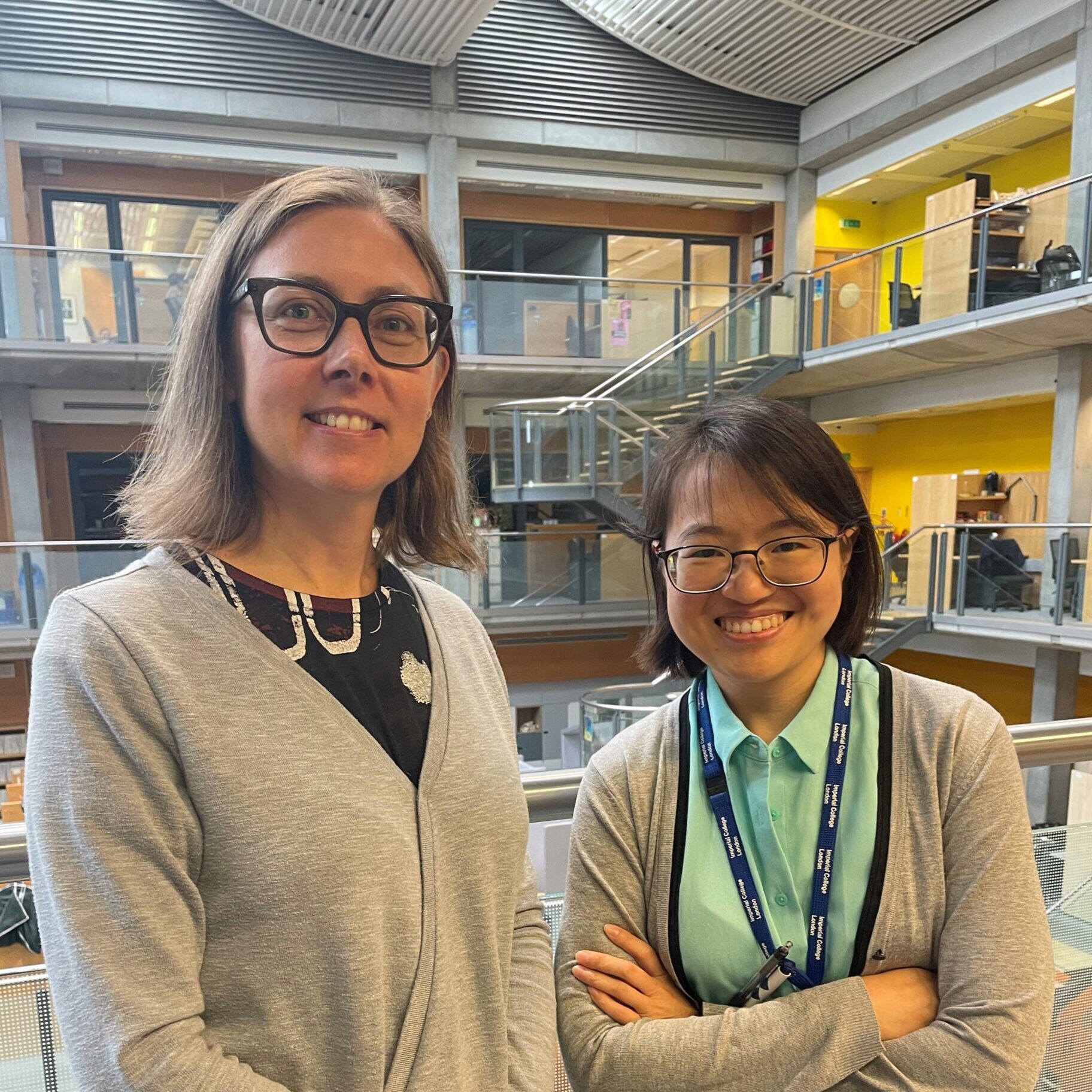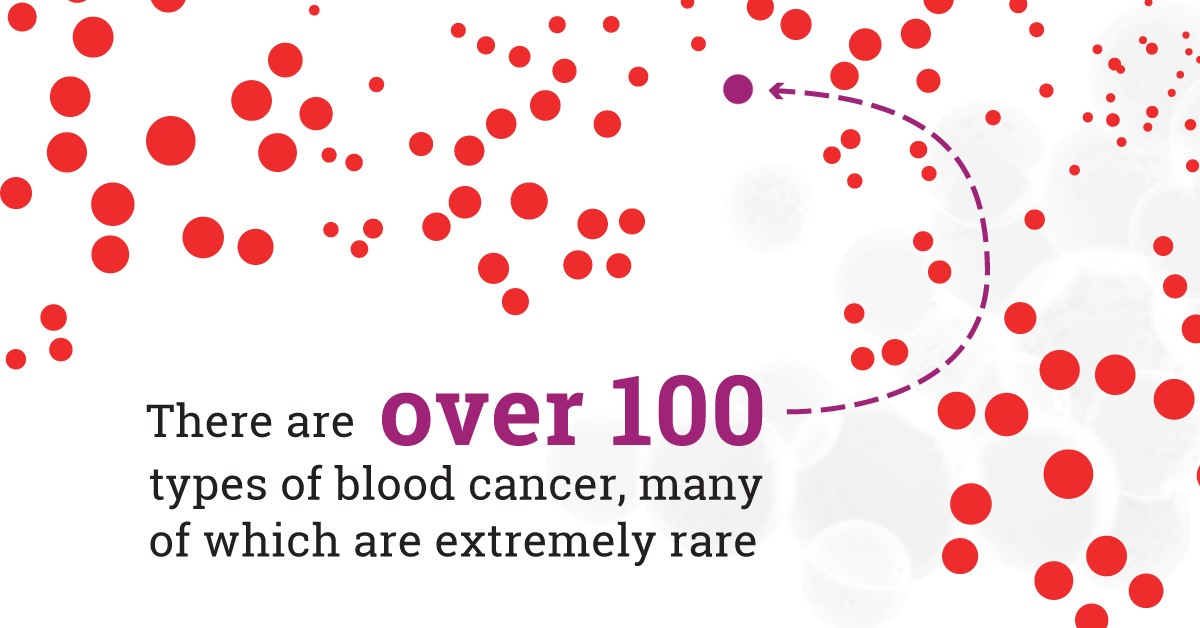Stem Cells
What are stem cells?
Stem cells are undifferentiated cells that can differentiate (change) into specialized cells and can divide to produce more stem cells. In humans, there are two types of stem cells: embryonic stem cells and adult stem cells, which are found in various tissues.
Embryonic stem cells
Embryonic stem cells are pluripotent, that means they can develop into any type of cell, a skin cell, heart, liver etc.
Adult stem cells
Adult stem cells typically generate the cell types of the tissue in which they reside. For example, a blood-forming adult stem cell in the bone marrow normally gives rise to the many types of blood cells. It is generally accepted that a blood-forming cell in the bone marrow—which is called a hematopoietic stem cell—cannot give rise to the cells of a very different tissue, such as nerve cells in the brain.
Where are stem cells found?
There are three known accessible sources of autologous adult stem cells in humans:
- Bone marrow, which requires extraction by harvesting, that is, drilling into bone (typically the femur or iliac crest).
- Adipose tissue (lipid cells), which requires extraction by liposuction.
- Blood, which requires extraction through apheresis, wherein blood is drawn from the donor (similar to a blood donation), and passed through a machine that extracts the stem cells and returns other portions of the blood to the donor.
A fourth source is also found in the umbilical cord when a baby is born. These stem cells can collected from the umbilical cord blood just after birth.
What can stem cells be used for today?
There are treatments where Hematopoietic Stem Cell Transplants (HSCT), the transplantation of blood forming stem cells are a standard treatment. For some diseases they are the only therapy, and in other diseases they are only employed when front-line therapies have failed or the disease is very aggressive. There are some other blood disorders that can be treated with stem cells that aren’t cancers, such as sickle cell anaemia and aplastic anaemia.
For most types of blood cancers for example, leukaemia, lymphoma and various anaemia’s the treatments use allogeneic stem cell transplant. The reason for this is that the person may have a genetic predisposition to the disease, their genes may have a defect that predisposes them to that disease.
However there are various types of cancers (some myelomas, plasma cell leukaemia, some anaemia’s and some solid tumours) that are treated using autologous stem cells.
What are autologous and allogeneic stem cell transplants?
Autologous stem-cell transplantation is the transplantation in which stem cells are removed from a person, stored, and later given back to that same person after a high dose of chemotherapy.
Allogenic stem cell transplantation is where the donor and the recipient of the stem cells are different people. The stem cells from the donor have to be a close match to the recipient.
What could these stem cells be used for in the future?
There are clinical trials looking into the potential use of stem cells to treat various diseases and disorders where the stem cells help the body repair itself (regenerative medicine). There is no proven use of stem cells for these treatments yet, some of the trials use allogeneic cells (including from a sibling) and others use autologous stem cells.
Clinical trials are being performed for;
Neurological disorders such as autism, cerebral palsy.
Autoimmune disorders such as crohn’s, diabetes, lupus, multiple sclerosis.
Cardiovascular disease such as ischemic heart disease, cardiac repair, myocardial infarction
Gene therapy (which uses blood forming stem cells), HIV, Fanconi Anaemia, Thalassaemia.
For more information please click here








